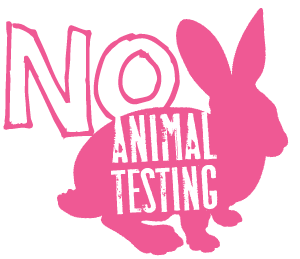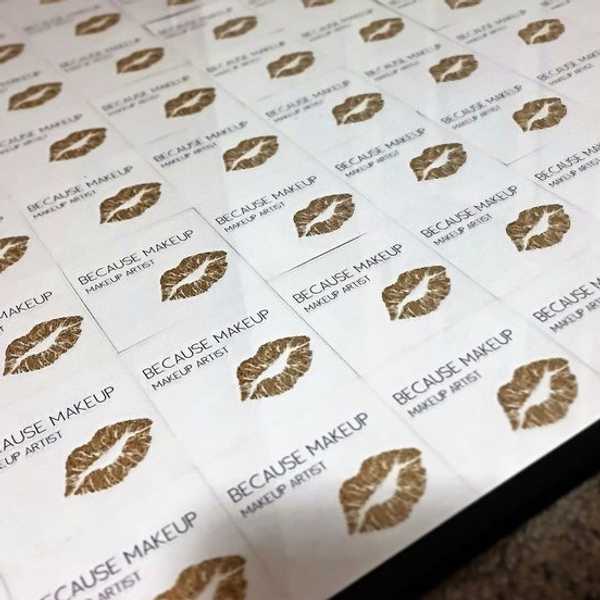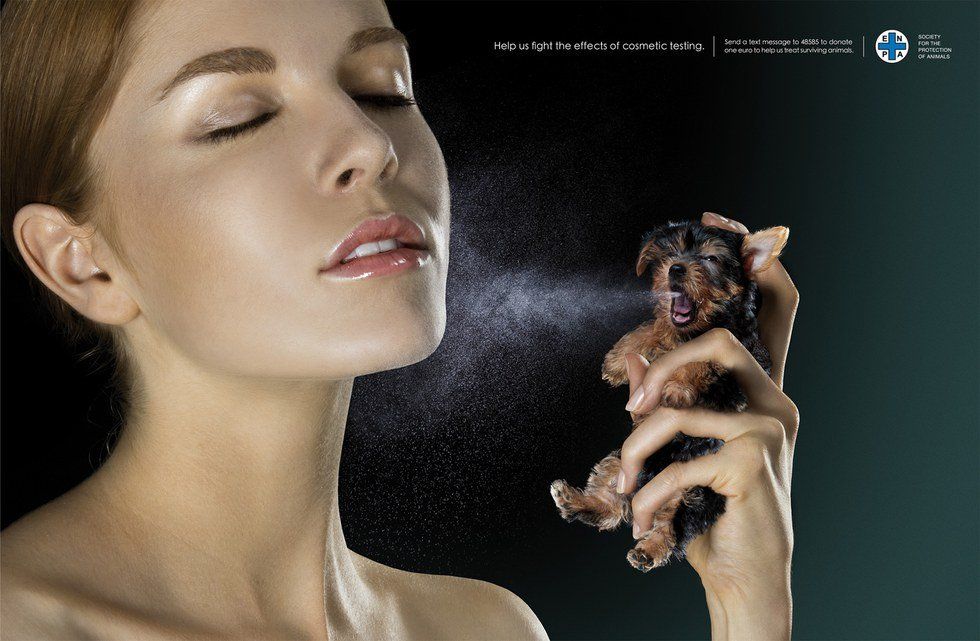In all honesty, it is very hard to define what exactly “cruelty free” means. Although most people do assume it is synonymous with “not tested on animals,” that is not necessarily true. Since there is no true legal definition of “cruelty free,” companies can label themselves as cruelty free so long as, at some point in their production process, there was no animal testing. This phrasing could mean a wide spectrum of things, but typically it means that the companies either didn’t test their original ingredients or they haven’t tested the final product.
Animal testing on cosmetic ingredients has always been the standard practice the production of a new product. Meaning, although a company can claim that they did not necessarily test on animals, the initial ingredients were most likely tested at another facility and then adapted by the company. So, in a basic sense, almost all makeup brands will leech off one another’s testing for information regarding the usability of products, thus saving those select few “cruelty free” brands from have to personally test it themselves while still allowing for their products to be based off a tested ingredient. Or, they can flat out use ingredients which they have tested on animals but not test the final product. Either way, it is all in the undefined gray area that is “cruelty free.”
That’s why, the best products that don’t use animal testing are vegan ones. Veganism, the act of not using any product that has animal contribution, is a slowly growing movement in America as social media has allowed for the spread of awareness on the inhumane treatment of animals. Which is exactly why vegan brands and products are so key in determining the future of cosmetics. Not only are vegan brands typically edible and safer for the skin, they also utilize no product that has been tested on animals or use animal product. However, vegan brands are typically more expensive due to their rawer ingredients and limited range of products. But, more and more vegan brands are transitioning or becoming more inclusive of vegan products such as Lush Cosmetics and Tarte Cosmetics. Vegan brands guarantee that there really has been no cruel treatment towards animals at any part of the production process, and are surprisingly becoming more popular if you know where to look.
Now, I'm always a sucker for a good old dupe. If I can find a similar product, but from a cheaper brand, I will always do so. Is this because I’m a broke college kid? Well, yeah that, but, also because most of your typical go-to dupe companies like NYX Los Angeles Inc. and E.L.F Cosmetics, are cruelty free. But wait, didn’t I just get through telling you all about the lies associated with cruelty-free? Yes, however that does not mean that I won’t use them. My reasoning is that first of all, I’d rather use a brand that at least at some point didn’t test on animals, and secondly it’s the concept of pushing companies to sell products that are cruelty free right now that will create a real change down the road.
If you are a makeup lover like me you’ve probably noticed the large influx of advertisements by companies promoting their products to be cruelty free within the past year. This largely has to do with the aforementioned spreading awareness which has created a massive economical movement towards companies who label themselves as cruelty free. Simply put, cruelty free has begun to sell really well. So of course companies will begin to adapt to the market and create products that somewhat resemble cruelty free idealistic so that they can sell to people just like us who are concerned with the testing of animals.
Although it may seem like a sell-out move right now, buying cruelty free brands is one of the strongest steps towards liberating animals from cosmetic testing facilities. By forcing companies to acclimate as so, we the consumers are making it more known that we do not think a product is worth buying if it has been tested on animals. Companies like MAC, which is one of the greatest known offenders, have slowly began lose followers to brands such as Too Faced Cosmetics, Urban Decay and Anastasia Beverly Hills, which are all cruelty free and typically just as quality and less expensive.
Once we’ve created this economical call for change, companies will be forced to change in order to stay in circuit. Eventually, the goal of this is to hopefully morph the market so much that “cruelty free” becomes not enough, people will demand 100% animal free products. Some companies with futuristic insight, have already begun to develop a wide variety of vegan formulas, like Kat Von D, whose products I have tried and can personally attest to being just as functional and of quality as the most popular brands. So, by buying cruelty free products now, I am not selling out, but rather, as a consumer, showing companies what I wish to see in a product and inciting an economical stance that companies can’t ignore.
There, of course, are other ways that we can kick start this movement, like signing petitions and urging the change of laws so that “cruelty free” really does mean cruelty free. Because, believe it or not, our everyday choices -- like the color of lipstick we want, today -- really do have a large scale effect on the protection of animal rights. We just have to educate and arm ourselves with the means to further advance the necessity of new ways to do so and ignite an urgency in companies to keep up with the market we create.





















